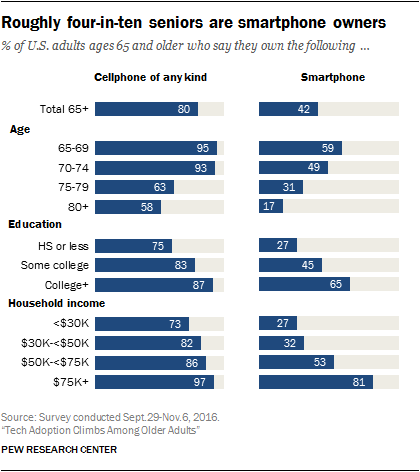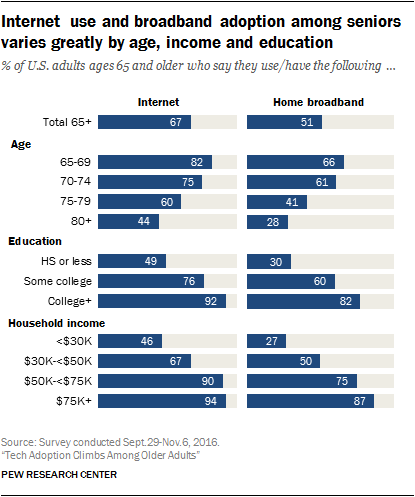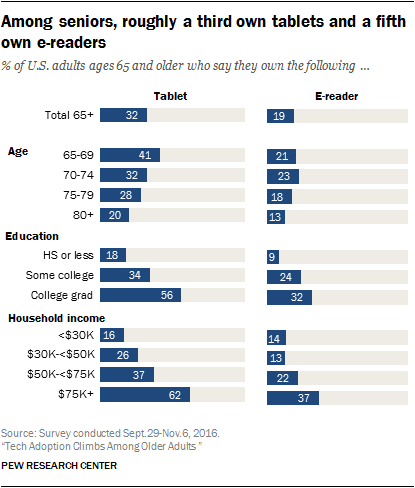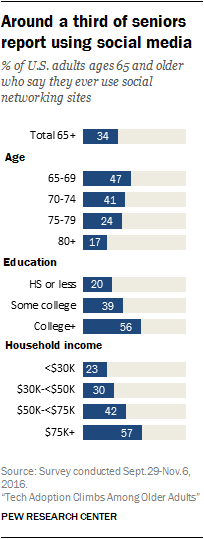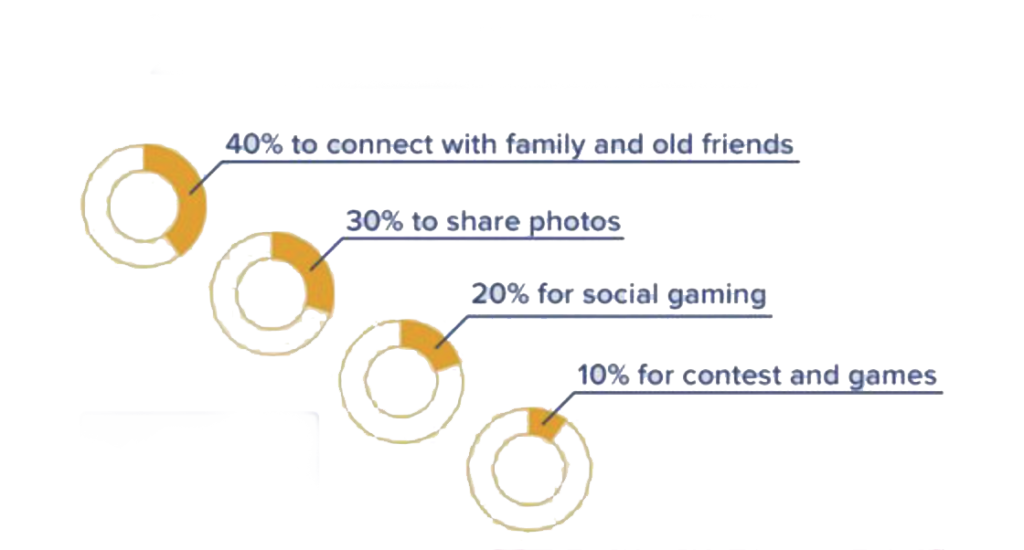Interview Answers
Interviewee 1
Aged 67 | Housewife | Married | Lives with her husband in Istanbul
- She thinks digital is a means of facilitation of life.
- She has been using digital devices for 6 years.
- She has a tablet, a smartphone, TVs and a laptop.
- She has internet connection and she uses it to communicate with relatives, browse social media, learn new stuff and check news.
- She mostly uses her phone and tablet to connect.
- She feels adapted to the digital world.
- She uses visual aids and bigger letters on her tablet, she uses a remote with bigger buttons for her TV.
- She manages daily works by herself or with her husband. She knows about the services but she doesn’t use them because of trust issues and difficulty of usage.
Interviewee 2 & 3
Aged 68 and 72 | Housewife and Retired Doctor | Married together | Live in Istanbul
- They think digital is the outcome of fast development of technology.
- They have been using digital devices for 10 years.
- They have 2 smartphones, a tablet, a laptop, a desktop and TVs
- They have internet connection and they use it to browse social media.
- She uses her tablet and he uses the laptop to connect. Also they both have phones that are connected to Whatsapp.
- They feel partially adapted because they just use a small part of it.
- They use visual aids on all their digital devices that they need to read from (phones, laptop, tablet). She has a hearing aid and she needs a bit louder then usual to hear sounds.
- She manages the daily works by herself. They are aware of the services provided and they order food and buy clothings through them. However they also have difficulty of usage.
Interviewee 4
Aged 66 | Retired teacher | Married | Lives in Orth an der Donau
- Digitalisierung ist für mich die rasante Entwicklung neuer Technologien, die meinen Alltag erleichtern, aber auch verändern.
- Ende der 1990er Jahre erhielt ich mein erstes Handy, meine erste Digitalkamera und der erste Computer hielt Einzug in meiner Familie.
- Smartphone, Computer, Kamera, Internetradio, Fernseher, digitalgesteuerte Heizung, Navigationssystem im Auto.
- Ja, ich habe eine Internetverbindung im Haus. Ich benutze sie, um emails zu schreiben und zu beantworten, um meine Bankgeschäfte zu erledigen, um Recherchen im Internet zu betreiben, um Fotos zu archivieren und zu versenden, um zu telefonieren, um Waren zu bestellen.
- Ich verwende einen Stand PC, einen Laptop, ein Smartphone, einen Fernseher und ein Radio.
- Ich komme im Alltag gut zurecht, solange es sich um Prozesse handelt, die mir schon vertraut sind. Bei Problemen oder Neuerungen hole ich mir gerne Hilfe bei meinen Kindern.
- Nein.
- Ich erledige Bankgeschäfte seit vielen Jahren über das Internet und bestelle auch manche Artikel des täglichen Lebens online. Lebensmittel, Kosmetikartikel, Bücher und alles, was in meiner näheren Umgebung in Fachgeschäften erhältlich ist, kaufe ich dort ein.
- Momentan möchte ich bewusst die meisten Einkäufe nicht in der digitalen Welt tätigen und die bestehende Infrastruktur (vor allem kleinere Fachgeschäfte im Ortskern) stärken. Wenn ich so gesundheitlichen Gründen dazu nicht mehr in der Lage sein sollte, werde ich sicher mehr Einkäufe online erledigen.
- Ich verwende WhatsApp auf meinem Smartphone, E-banking, Benachrichtigungen mein Heizsystem betreffend.
Interviewee 4
Aged 66 |Retired pharmaceutical worker | Married |Lives in Orth an der Donau
- Calculation machines using +/-
- With the first computers during my studies (late 60s/early 70s)
- Desktop, laptop, smartphone, car navigation, internet radio…
- Yes – for e-mailing, searching the web, phone (communication)
- Desktop, laptop, smartphone
- Slightly (20%) compared to the digital generation
- No
- Use internet sometimes for shopping
- Only aware of few services , use only a few.
- WhatsApp, Zoom, some other Apps
Insights
In many elder households, the main digital device used are TVs but there is a great interest in new devices such as tablets and smartphones which are usually used for social media.
These people do not want to be left out, get isolated. They want to be included in the process of development but they tend to be afraid to use new technologies/devices which is either caused by the warnings from the younger ones in the family or their own experience of not being able to use new tech.
Extensive use of social media can be observed, their main reason to use new digital devices and internet is the massive emergence of social media in our lives.
Elderly people are feeling partially adapted to the digital world and they use digital devices pretty often, although sometimes they have some problems, it can be seen that they have a big place in this digital dominant era and this should affect design accordingly.

